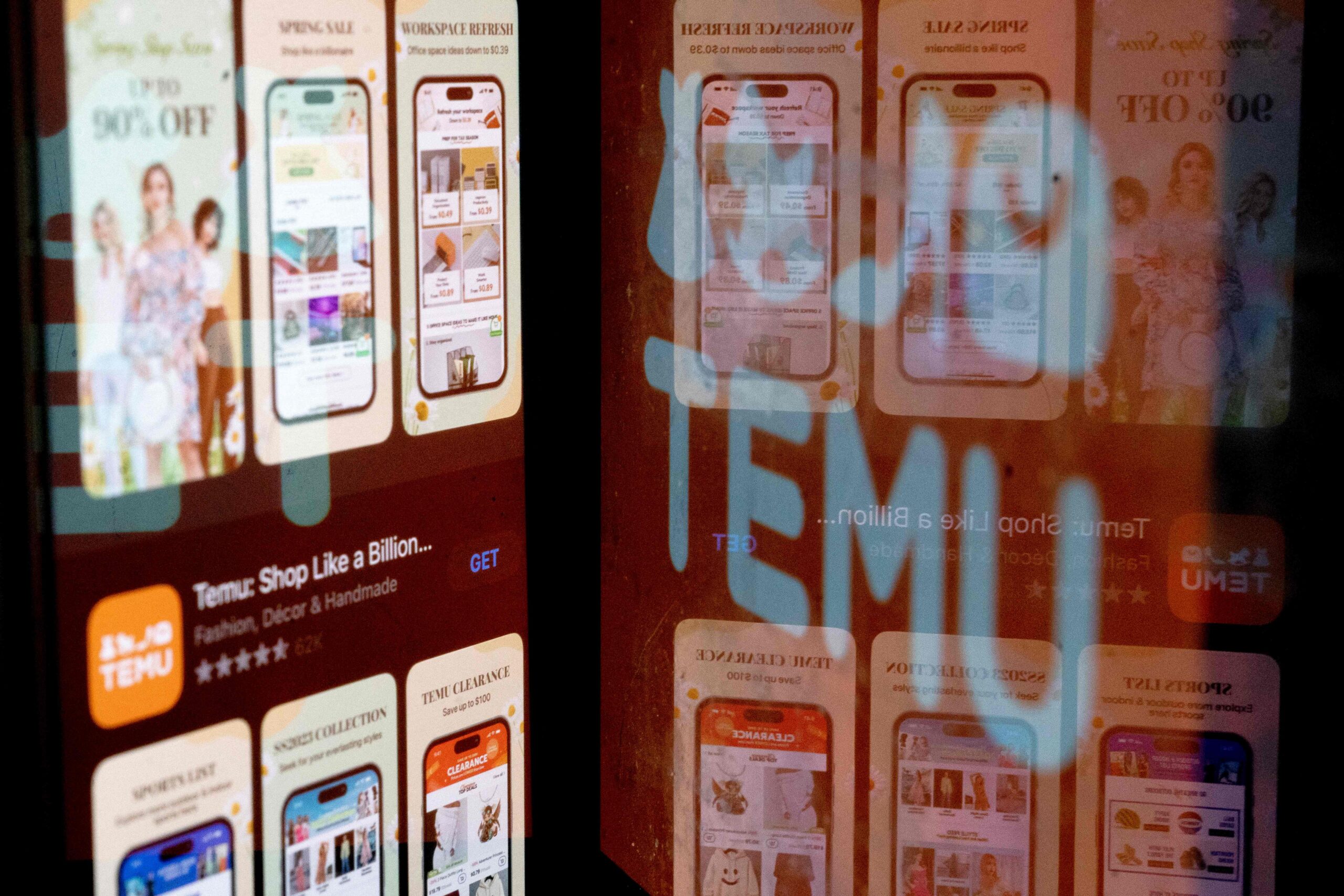JAKARTA (ANN/JAKARTA POST) – Indonesia’s Ministry of Cooperatives and Small and Medium Enterprises (SMEs) has announced plans for an interministerial meeting in response to the recent entry of Chinese e-commerce platform, Temu, into the Indonesian market.
The meeting, set to include the Ministry of Trade and the Ministry of Communications and Information, aims to address concerns over Temu’s potential impact on local SMEs.
“This week, we will hold another meeting, as Temu is now accessible on both the App Store and Play Store,” said Fiki, a special staff member at the SMEs Ministry, during a press conference on Monday, as quoted by Bisnis.
The ministry has expressed serious concerns over the platform’s presence in Indonesia, stating that it poses a threat to the country’s local SMEs. Fiki noted that although Temu has not officially launched operations, its availability on popular app stores is alarming. “We will try to take it down before it can start full operations,” he vowed.

According to the ministry, Temu’s business model—allowing consumers to purchase products directly from Chinese factories—could severely undermine local businesses. The platform bypasses traditional resellers, affiliates, and third-party suppliers, putting domestic SMEs, which rely on these networks, at a significant disadvantage.
Temu has also faced allegations of selling products at artificially low prices due to subsidies, further intensifying concerns about unfair competition.
The platform, which operates in several countries, is focusing on expanding its footprint in Southeast Asia, including Indonesia. However, its entry has sparked growing anxiety among local small businesses, particularly in industries like textiles, which have already been struggling due to heavy import pressure.
Nandi Herdiaman, head of the local entrepreneurs’ association (IPKB), warned that Temu’s operations could disrupt Indonesia’s textile industry, which has long faced challenges from large-scale imports and price-dumping practices.
“The Indonesian textile industry is an integrated ecosystem, from upstream to downstream operations, and platforms like Temu could flood the market with cheap goods, leading to a downturn in productivity and increased unemployment,” Nandi said in a separate report by Bisnis.
He further expressed concerns that Temu could lead to job losses in the distribution sector, which supports many livelihoods across the country.
“To protect the local industry, it’s crucial that the government enforces stricter non-tariff barriers and import duties,” he added. Nandi also urged authorities to monitor cross-border e-commerce transactions more closely to ensure that imported products comply with local regulations.
Additionally, he called for greater government support in enhancing the competitiveness of local industries through incentives, investment in technology, and promoting the use of domestically produced goods.



















































